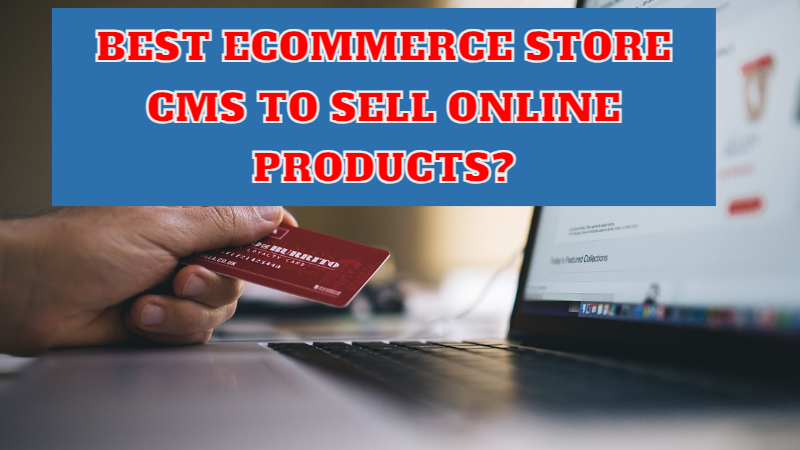
There are several popular and effective eCommerce Content Management Systems (CMS) that you can use to create and manage your online store. Here are some of the best options:
- Shopify:
- Shopify is one of the most popular and user-friendly eCommerce platforms. It offers a wide range of features, templates, and integrations. It’s suitable for businesses of all sizes, from small startups to large enterprises.
- WooCommerce:
- WooCommerce is an eCommerce plugin for WordPress, making it an excellent choice if you’re already familiar with WordPress. It’s customizable and offers a plethora of extensions and themes.
- Magento:
- Magento is a powerful and scalable open-source eCommerce platform that’s suitable for larger businesses with complex needs. It offers a high level of customization and flexibility.
- BigCommerce:
- BigCommerce is another well-known eCommerce platform that provides a comprehensive set of features for building and managing online stores. It’s particularly known for its robust SEO capabilities.
- Wix eCommerce:
- Wix offers an easy-to-use website builder with eCommerce capabilities. It’s great for beginners who want a simple and visually appealing online store.
- Square Online:
- Square Online provides tools to create and manage an online store, especially for businesses already using Square for payment processing.
- PrestaShop:
- PrestaShop is an open-source eCommerce solution that offers a good balance of features and customization options.
- OpenCart:
- OpenCart is another open-source platform that’s relatively lightweight and suitable for smaller online stores.
- Volusion:
- Volusion provides a range of eCommerce features and templates, making it suitable for businesses that want to start selling online quickly.
- 3dcart:
- 3dcart offers a variety of eCommerce features and integrations, catering to different business sizes and industries.
When choosing an eCommerce CMS, consider factors like your technical expertise, budget, scalability needs, customization requirements, and the specific features you need for your online store. It’s a good idea to explore demos, read user reviews, and try out the platforms to see which one best aligns with your business goals and preferences.
